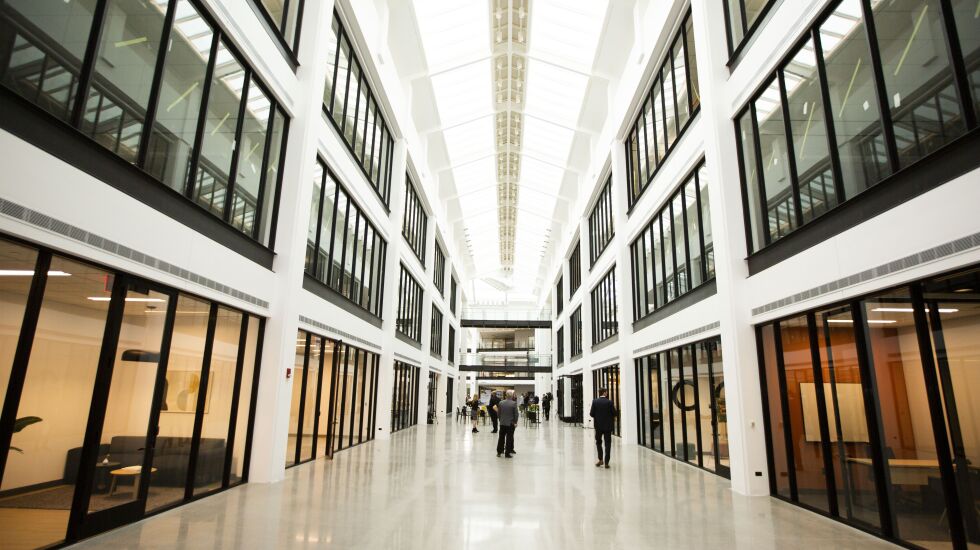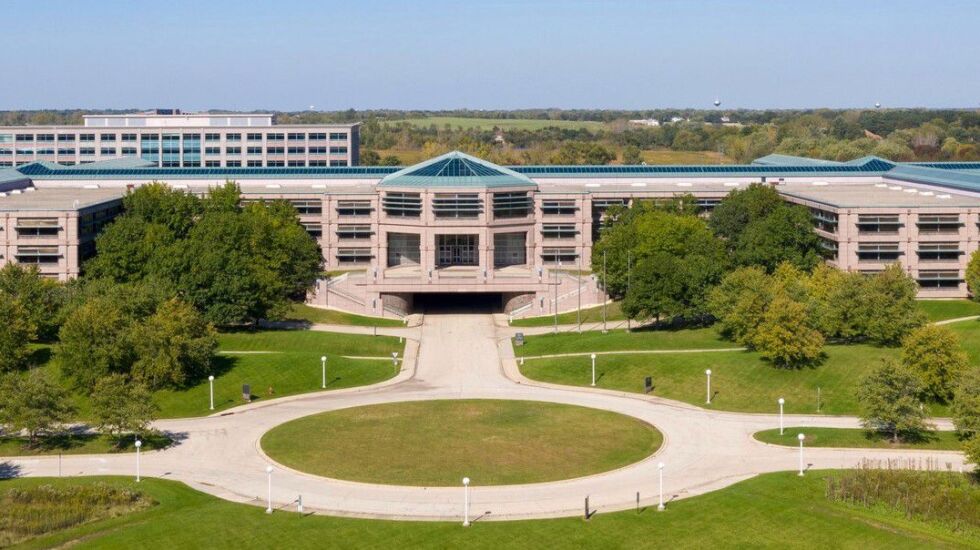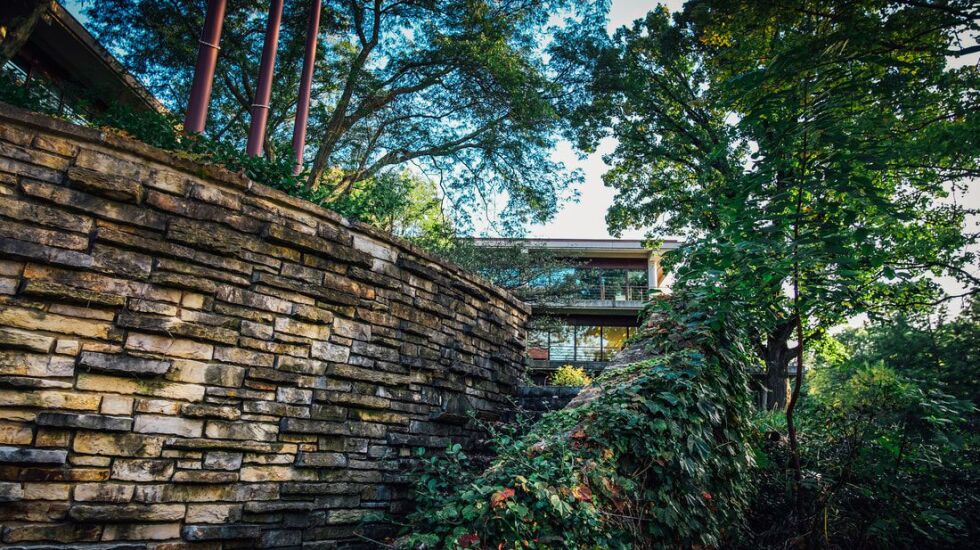
Nestled in suburban foliage, roomy corporate campuses used to symbolize a lot about American life: car dependency, a desire to get away from crowds and urban blight, a tendency of business leaders to build a monument to their idea of efficiency and shaming the competition while they’re at it.
Over the last dozen years or so, the world has been unkind to those developments. What was a sign of a company’s ambition became a liability, first when the debt crunch hit suburban real estate investments hard.
Then some companies, perhaps with an aging workforce they wanted to shed, decided city lights were better for recruiting younger talent. And who needed all those landscaping bills anyway?
More recently, the pandemic has muddled plans for where companies want to be, raising issues about the future of work in many settings.
“Those large corporate campuses are dinosaurs,” says a man who, with partners, owns one. He’s Ralph Zucker, president of New Jersey-based Somerset Development, and he’s not complaining. He’s explaining an opportunity.
Somerset in 2019 acquired the former AT&T research complex in Hoffman Estates. At 150 acres, what’s now called Bell Works Chicagoland stretches to the horizon, but AT&T vacated it in 2016.
It’s starting to get activity, with smaller companies moving in and entrepreneurs taking desks in shared office space. In a few months, it’ll have a large Fairgrounds café with grab-and-go food, a wide assortment of coffee, tea and — for the after-work crowd — alcohol.
It’ll be the start of what Somerset is betting will become a new town center, what it calls a “metroburb.”
The main building is an immense 1.2 million rentable square feet. Zucker is reopening it in phases and has booked 200,000 square feet in leases, so far, to tenants such as Heritage-Crystal Clean, Platinum Home Mortgage and Headline Solar.
The building has a concourse that promises to be a promenade. Zucker’s company has a similar campus in New Jersey on an old Bell Labs site that’s fully leased, and he’s counting on similar success in Hoffman Estates.
“We bet directly that we will have more demand than supply,” he said.
The village has authorized the property to get up to 550 housing units as well, built as townhomes and apartments. Zucker hopes to start construction on those in a few weeks. He said the homes will give the site vitality.
“People don’t want to be isolated. They want to be part of what’s going on around them and to see other people and other companies,” he said.

Or consider the estate-like setting in Oak Brook where McDonald’s luxuriated until moving to Chicago in 2018. It’s on 80 acres and, with ponds and walking paths, has always been nature-forward in appeal.
“If you are a tenant looking for neon lights and a lot of visibility, that’s not what we offer,” said Jeff Shay, executive vice president of Jones Lang LaSalle, leasing agent for the property.
Now marketed as Oak Brook Reserve at 31st Street and Jorie Boulevard, the property scored a big win in May when Ace Hardware said it was moving its offices there from nearby. Shay said Ace will occupy all of the largest building on campus, which is around 300,000 square feet, by the middle of next year. The smaller building is McDonald’s old research center, its Hamburger University. The consulting firm BDO Digital is taking almost 30,000 square feet there, leaving a roughly equal amount to be leased.
Shay said the site, owned by hair-care tycoon John Paul DeJoria, has the zoning authority to build more commercial space, perhaps offices or restaurants to cater to growing crowds.
DeJoria had wanted part of the site to get housing, but the village turned that down. Shay is confident the property will draw a growing cadre of office tenants.
“It used to be companies had to have the downtown office to recruit, but we’re starting to see a movement of millennials going out to the suburbs,” he said. Employers, in turn, are experimenting with smaller satellite offices so pandemic-wary workers don’t have to congregate in one place, he said.
The suburban office market is still weak, with overall vacancy rates at about 25%. The properties that draw the most leasing interest are adding amenities to stand out, said David Florent, principal at the real estate firm Colliers.
He said successful landlords will help companies with two pressing problems as business shakes off the pandemic: How to “rightsize” office space and get a mostly remote workforce back under the same tent. Along with the fitness centers and tenant lounges, landlords are trying lures such as soft music and scents in the lobby.
“It’s coming down to hospitality,” Florent said. “It’s like working in a hotel.”








